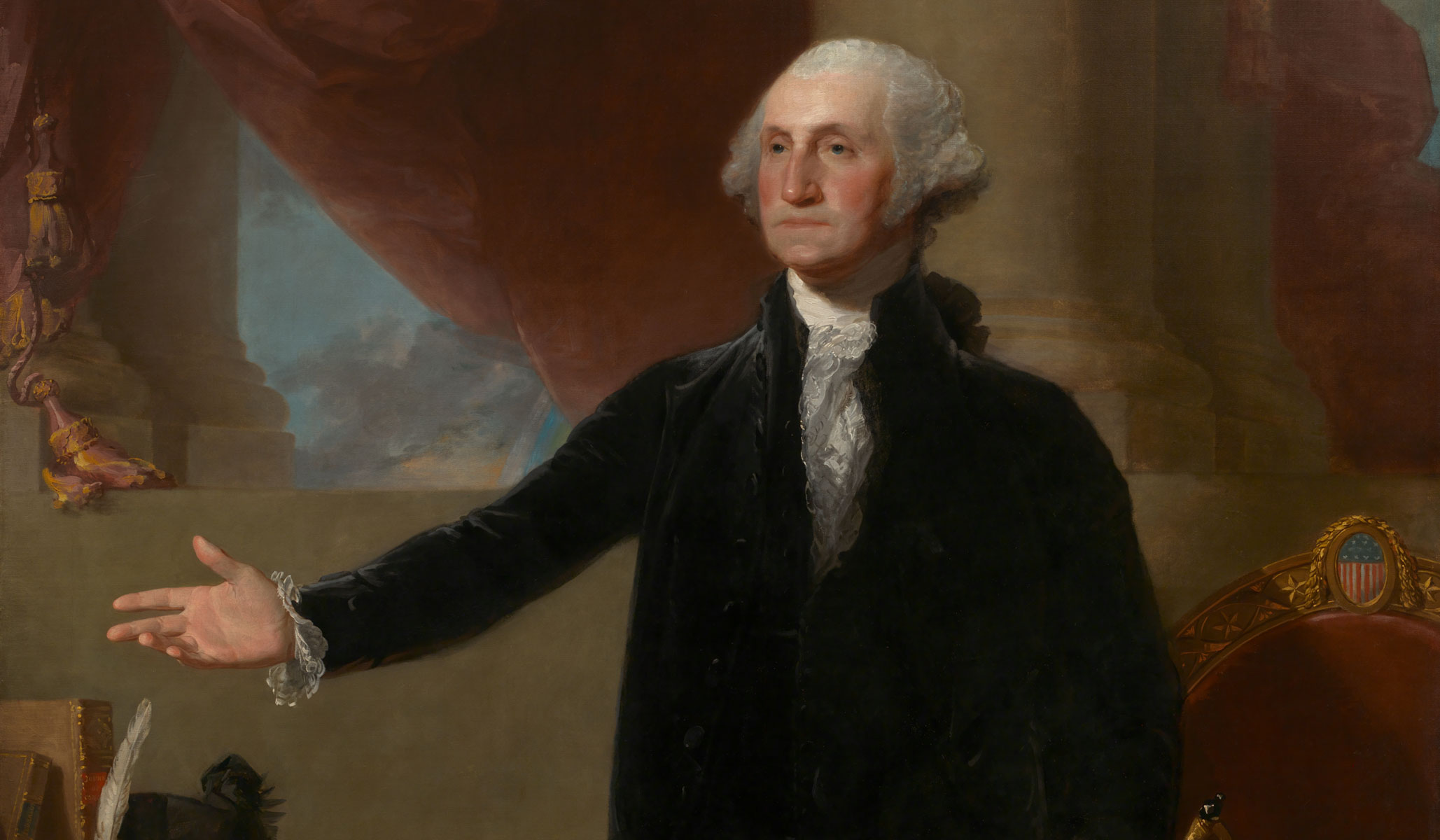Breaking: Emotional Goodbyes and Unexpected Tears - A Farewell That Defies Expectations

In these turbulent political times, one can't help but long for the wisdom and integrity of America's founding fathers, particularly George Washington. Our first president stands as a beacon of principled leadership in an era increasingly marked by partisan division and personal ambition.
Washington's commitment to national unity and his steadfast refusal to be drawn into partisan squabbles feels like a distant memory in today's polarized landscape. Where once we celebrated statesmanship and collective progress, we now witness a political arena consumed by rhetoric, grandstanding, and narrow self-interest.
Imagine a leader who prioritized the nation's well-being over personal gain, who voluntarily stepped down from power to preserve democratic principles, and who viewed public service as a sacred trust. Washington embodied these ideals, setting a standard of leadership that seems almost mythical by contemporary standards.
His farewell address warned against the dangers of partisan politics and regional divisions—prophetic words that resonate even more powerfully today. Washington understood that a nation's strength lies not in ideological purity, but in its ability to find common ground and work collaboratively toward shared goals.
In an age of soundbites and performative politics, we desperately need leaders who can channel Washington's spirit: principled, selfless, and genuinely committed to the greater good. His example reminds us that true leadership transcends political tribalism and requires moral courage, empathy, and an unwavering dedication to national unity.

